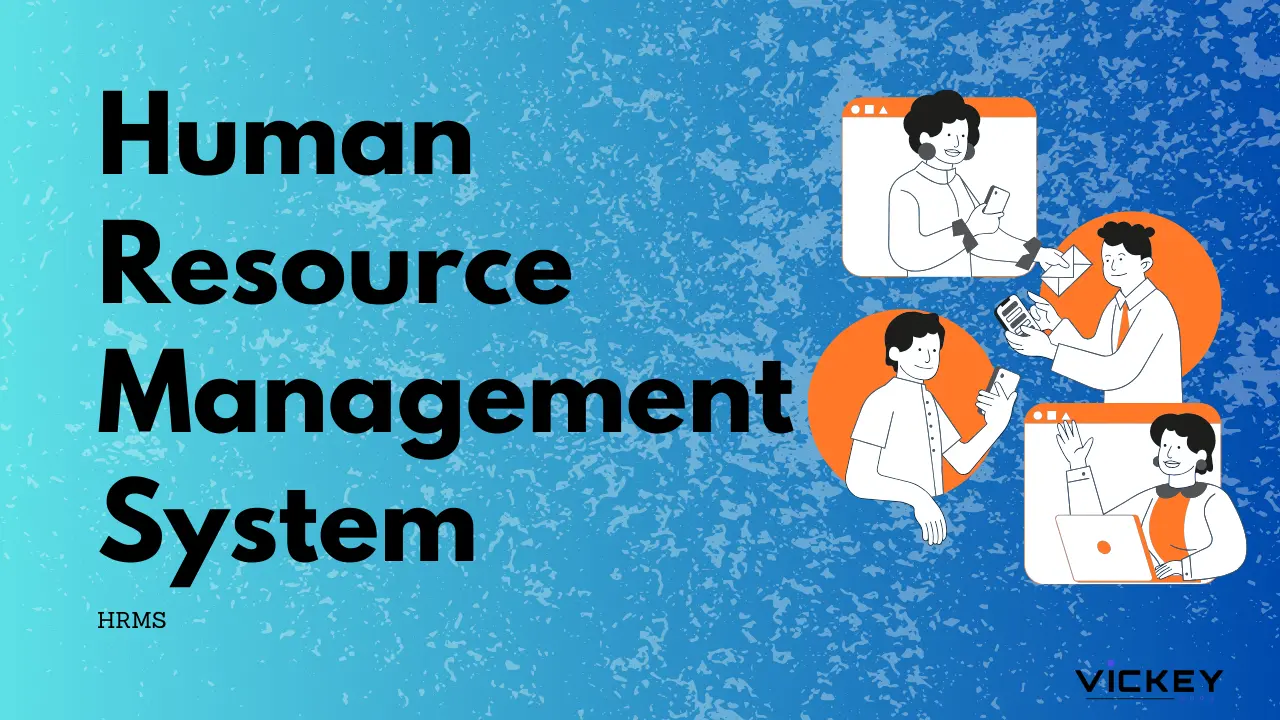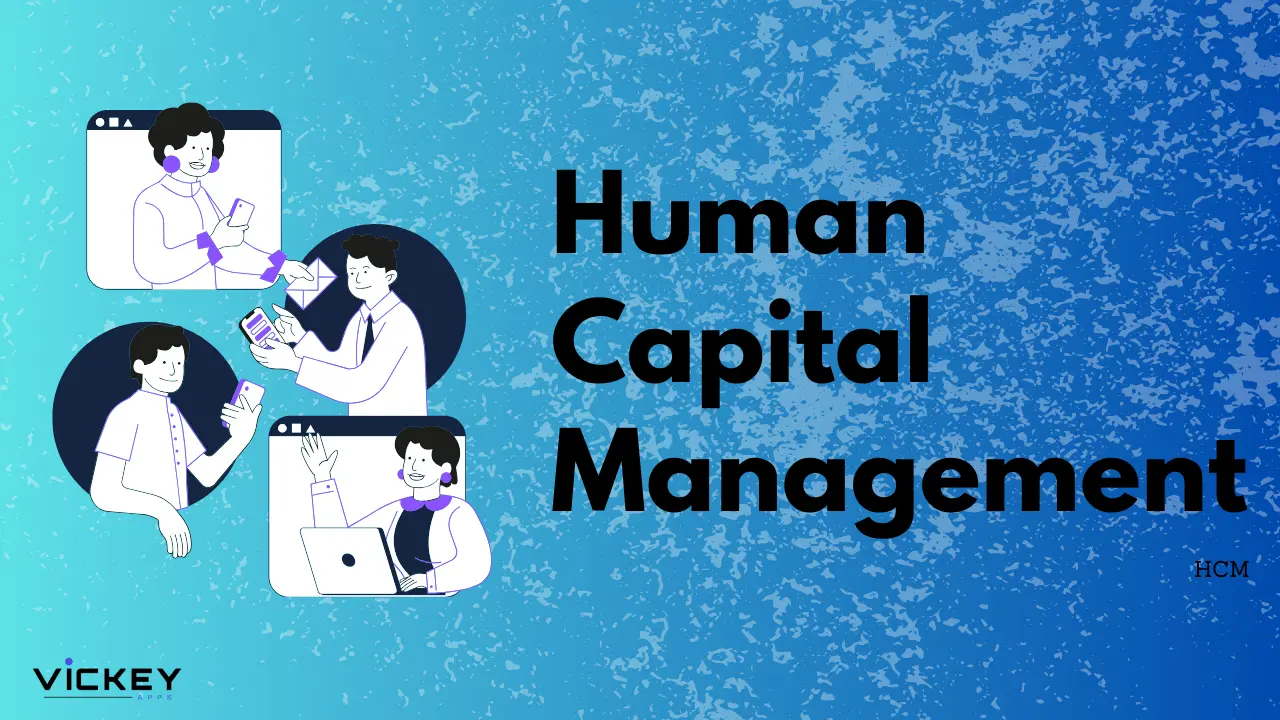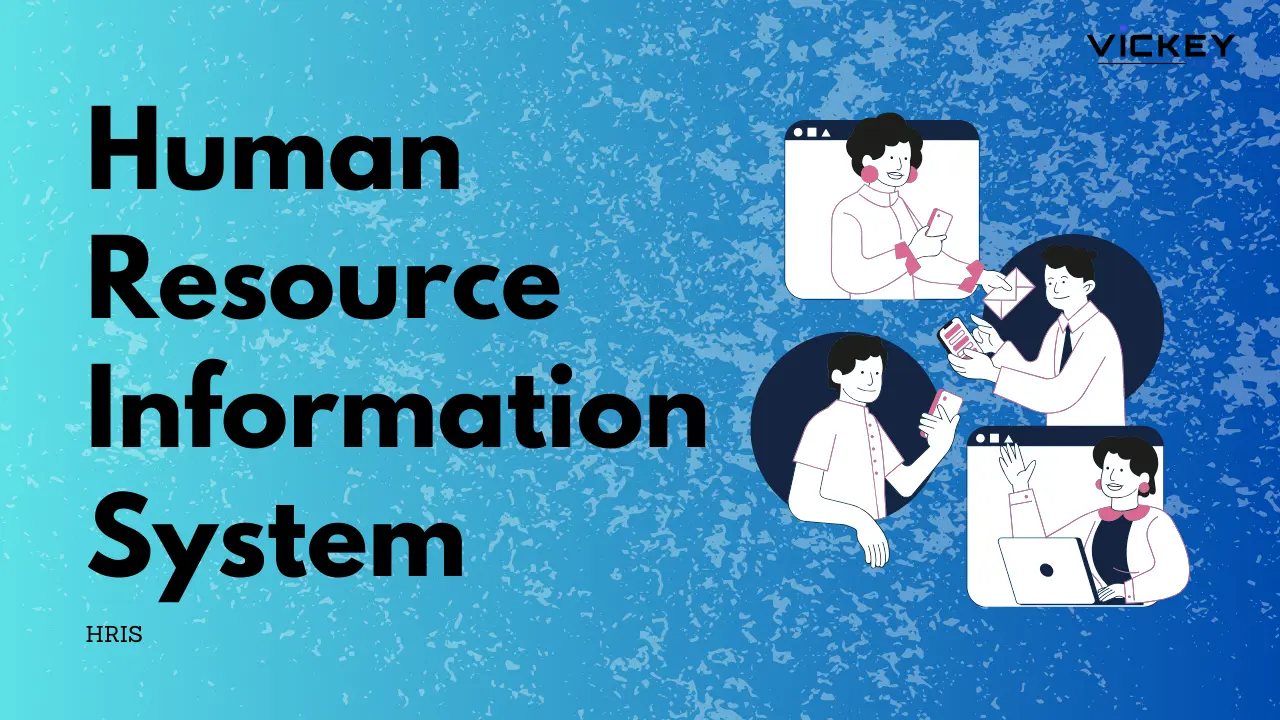
Admin
Last Updated : Oct 11, 2024
HRMS vs. HRIS vs. HCM
In today's dynamic workplace, organizations seek efficient ways to manage their human resources. Three popular solutions that often come up are HRMS (Human Resource Management System), HRIS (Human Resource Information System), and HCM (Human Capital Management). While they are related, they have distinct functionalities. Let’s dive into what each of these systems offers and how to determine which one is best suited for your organization.


